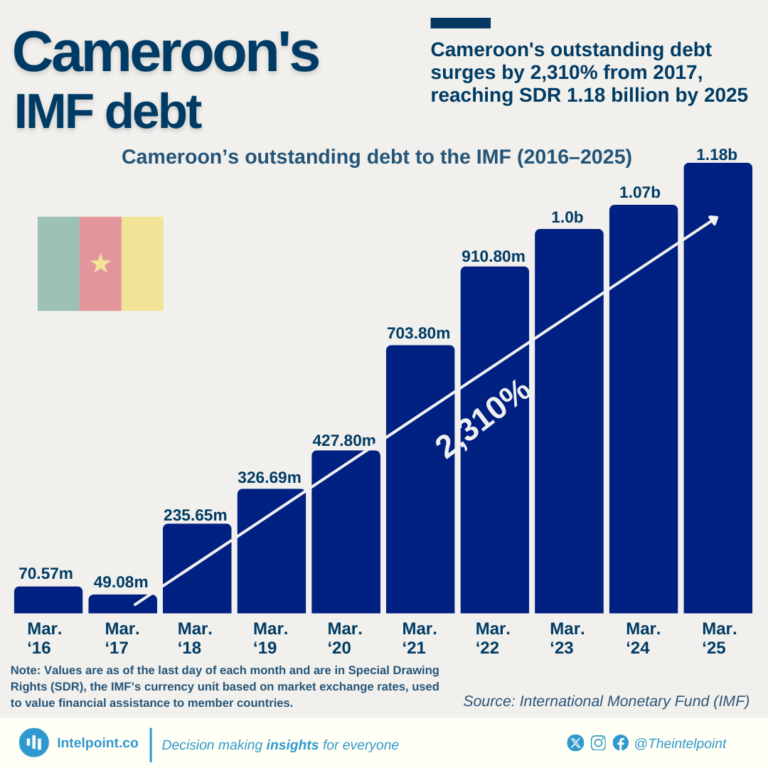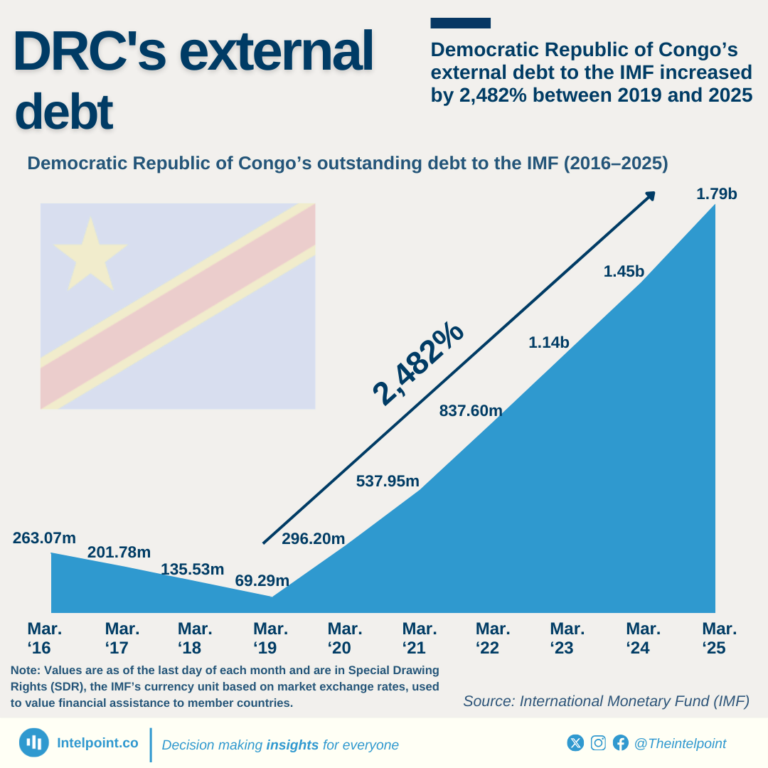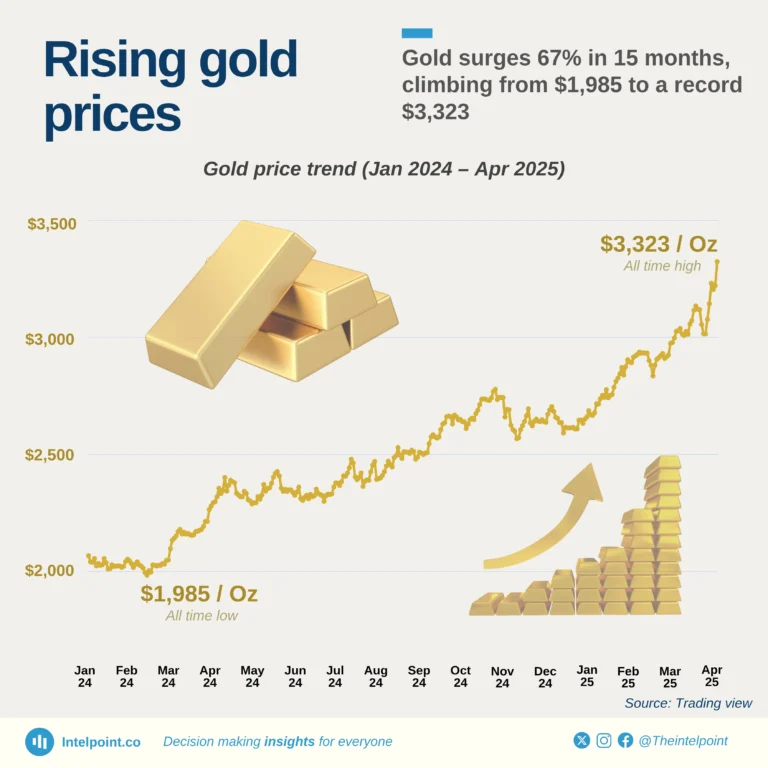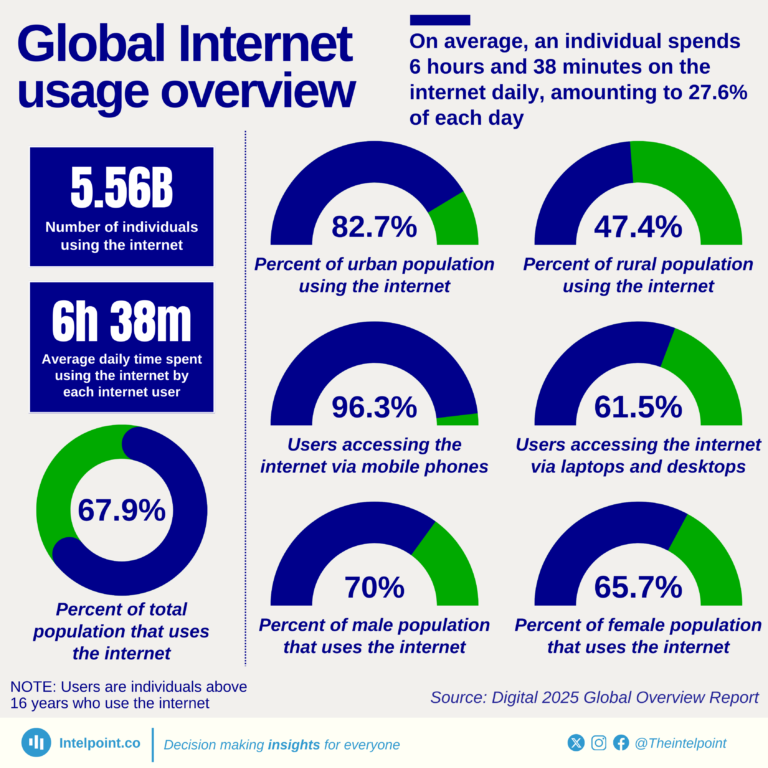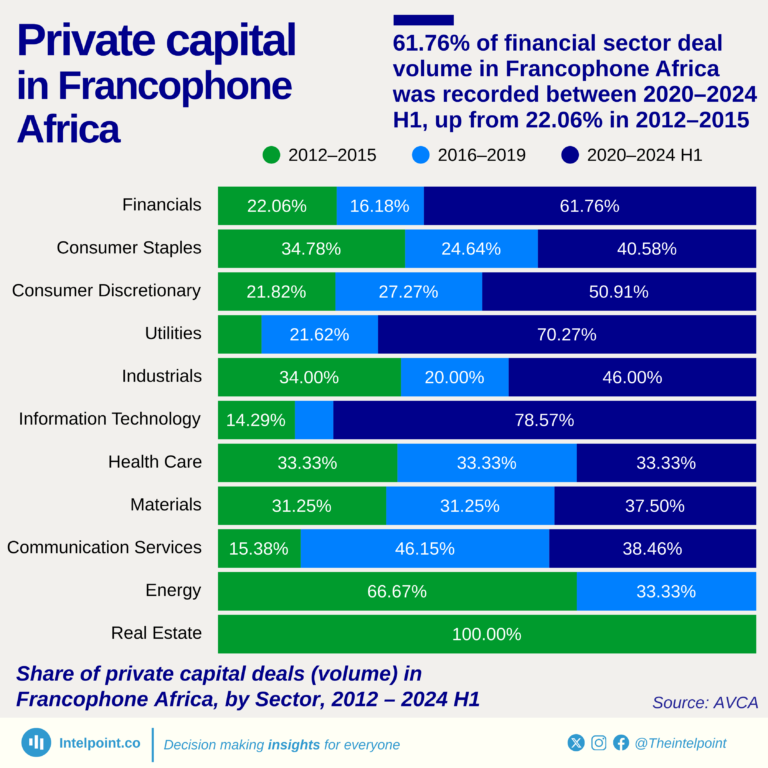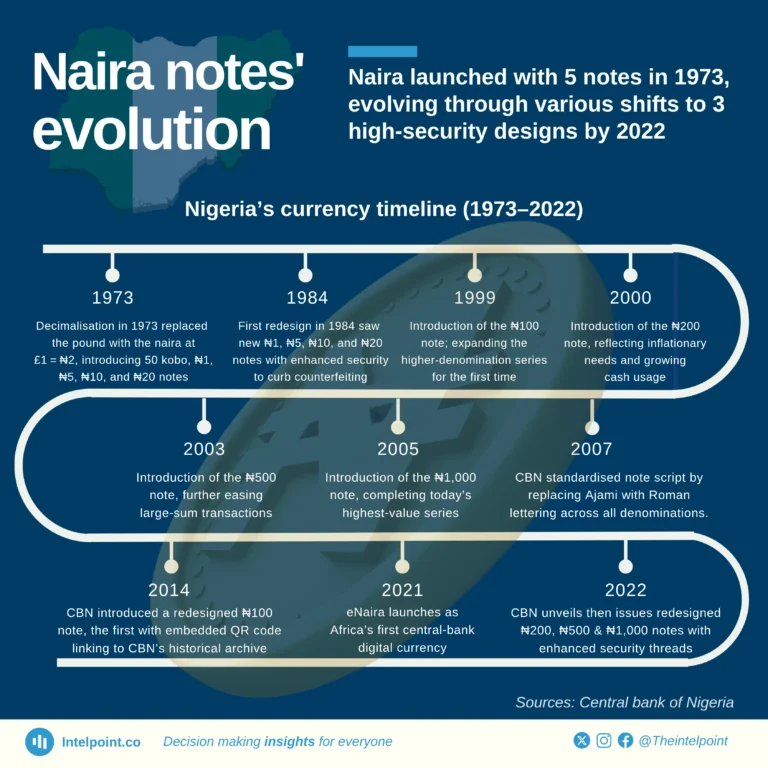
Jumia Group's quarterly active customers recorded steady growth for five consecutive quarters between Q1 2019 and Q2 2020. It also recorded growth in orders for three consecutive quarters in the same period. Jumia recorded its biggest percentage drop in active customers in Q4 2020.
The eCommerce giant's biggest order volume was recorded in Q4 2021 with 11.3 million, followed by 10.3 million in Q2 2022. Q4 2021 and Q2 2022 were the only times that Jumia's order volume hit 8 figures in a quarter since Q1 2019.

Founders of Millionaire West African Startups (MWAS) were predominantly male-dominated, as 90.2% of MWAS founders are male. Get the West African Startup Decade Report to learn more.

World AIDS Day is celebrated on December 1 every year as a day dedicated to raising awareness about the AIDS epidemic caused by the spread of HIV infection. In 2020, there were an estimated 37.6 million people infected with HIV globally, and 27.4 million people living with HIV receiving treatment.
